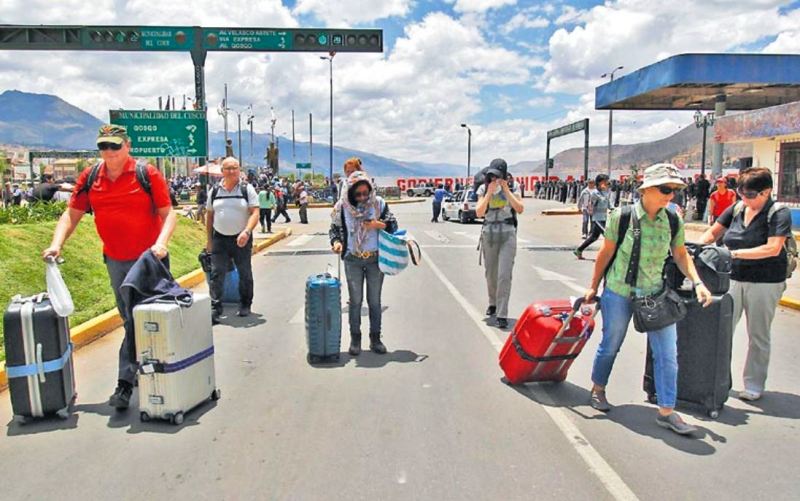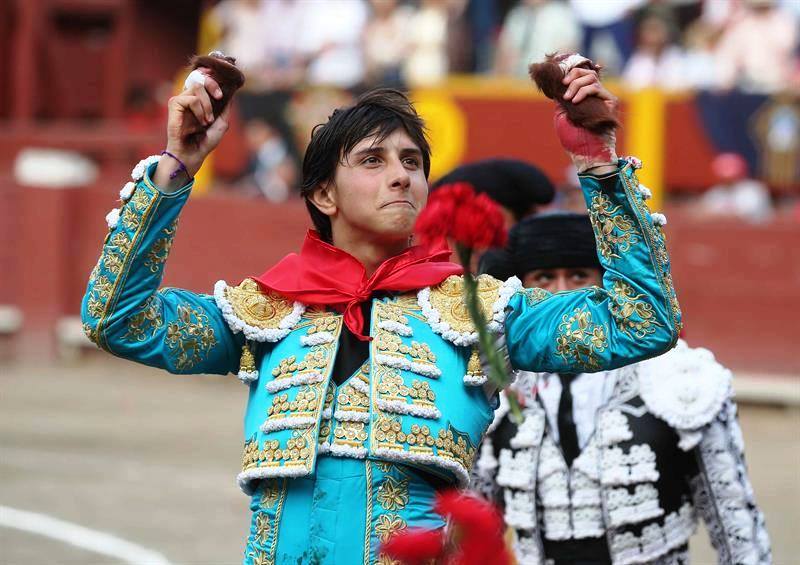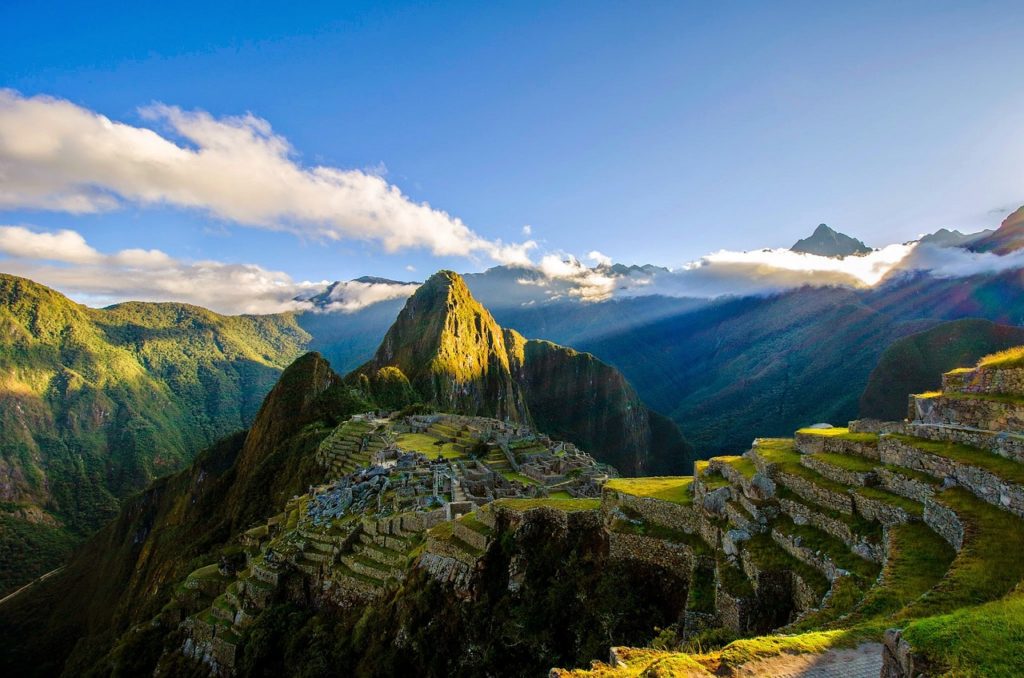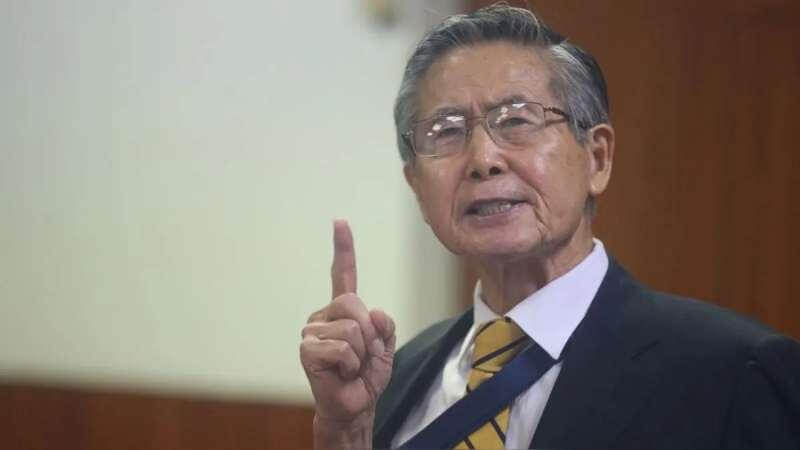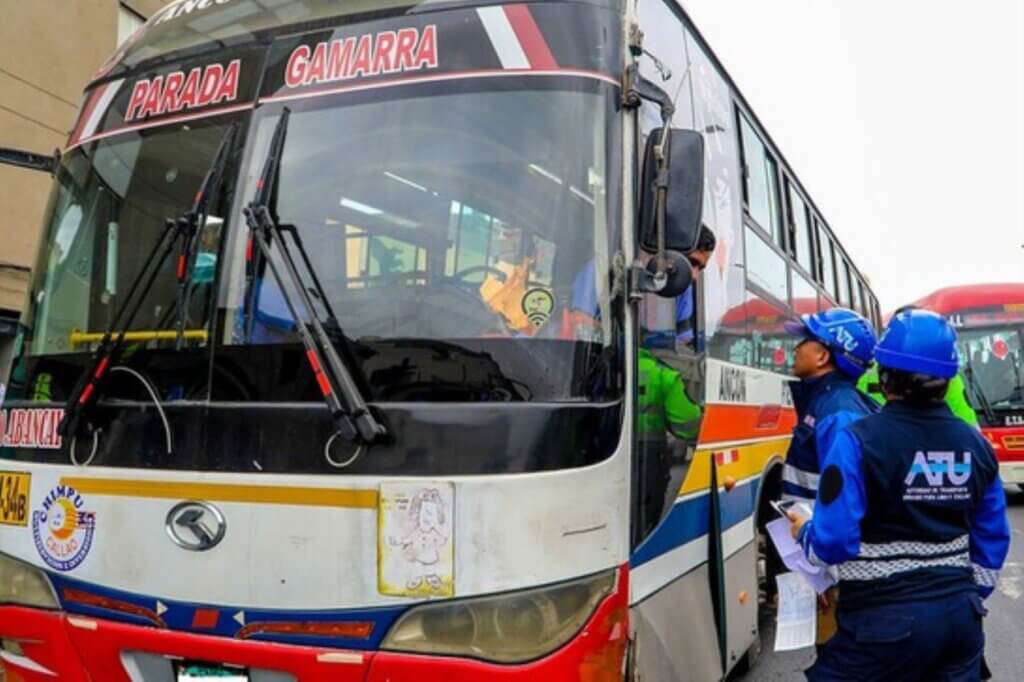A regional protest in Peru’s Cusco state has blocked transit from the Cusco airport and stopped the train which services the Machu Picchu ruins.
Last month Peru enacted a law which will allow private companies to provide tourist services at some of Peru’s archaeological sites. However the state government and labor unions of Cusco, home to Peru’s leading tourism destination Machu Picchu, immediately voiced opposition to the new law.
The Regional Federation of Cusco Workers (FDTC) organized a two-day strike which started yesterday and has brought the tourism-based city to a halt. Protesters blocked roads which forced tourists arriving at the airport to walk to their hotels. A group of construction workers attempted to shut down the airport but were repelled by police.
Line ends well before Machu Picchu
PeruRail, the company which operates the train service between Machu Picchu from the city of Cusco, cancelled its schedule for Wednesday and Thursday in anticipating blocked railway lines. The cancelled service prevented over 3,000 tourists from visiting Machu Picchu.
City leaders are demanding that Peru’s national government repeal Decree 1198, which will allow state governments to award 10-year licenses to private companies for cleaning, security, restaurant and museum services at archaeological sites.
“The private companies can’t manage everybody’s heritage,” said Cusco state governor Edwin Licona, who joined 2,000 demonstrators in marching through Cusco yesterday afternoon.
‘Locals oppose blocks’
However other Cusco leaders say the strike is a ploy to distract local attention from poor governance. Roger Valencia, president of Cusco’s chamber of tourism, said the protests punishes all Cusco residents, most of whom do not oppose the law.
“[The FDTC] has violated the rights of thousands of Cusco residents who disagree with a strike that seriously harms the development of the region,” Valencia said. “They have also violated the rights of thousands of tourists who want to visit Peru’s main attraction.”
The law would not apply to archaeological sites which are officially designated as national or world heritage sites like Machu Picchu. Nor does the law require state governments to hire private companies to contract services.
‘Private investment good for archaeological sites’
Peru’s culture minister Diana Alvarez said that communicating those two points to the people of Cusco has proven difficult. She has tried to highlight the success of private investment in restoring archaeological sites which local governments had ignored, such as Lima’s Huaca Pucllana or Trujillo’s Huacas del Sol y de la Luna.
However despite those cases, opposition leaders seem adamantly opposed to the law in Cusco. “The law has a privatization undertone and is an attack against our cultural heritage,” said Cusco mayor Richard Suarez.
Peru’s culture ministry has identified over 19,000 archaeological sites throughout the country.
The Cusco region, which receives 12,000 domestic and international tourists every day, was the former capital of the Inca empire and is home to the most visited sites including Machu Picchu, Sacsayhuaman and Ollantaytambo. Economic losses in the region due to the protests are estimated at $1.5 million per day.
Sources
Arqueología y desarrollo, por Juan Pablo de la Puente (El Comercio)
Cusco acata paro contra concesión de centros arqueológicos (El Comercio)
Paro en el Cusco: manifestantes intentaron tomar aeropuerto (El Comercio)
Cusco: sigue suspendido servicio de trenes a Machu Picchu (El Comercio)
Cusco: Manifestantes bloquearon acceso a la región por paro de 48 horas (Peru 21)
Ministra Álvarez Calderón: Ley sobre patrimonio no afectará al Cusco (Canal N)
Alcalde de Cusco instó a derogar decreto en segundo día de paro regional (RPP)
Paro en Cusco genera pérdidas al sector turístico por US$ 1.5 mllns. (Andina)


